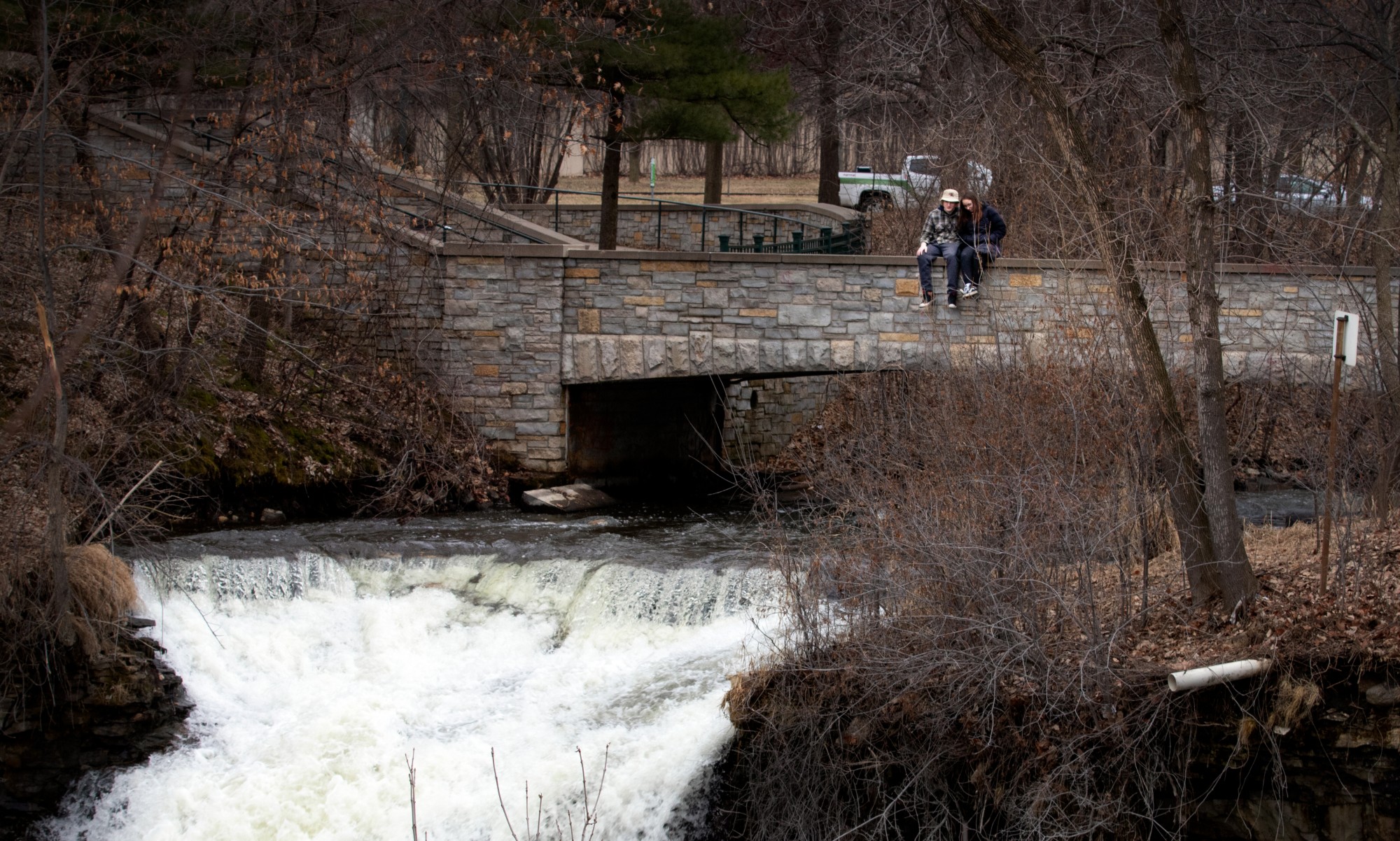Across the globe, people are stuck in their homes. Stress and anxiety are at an all-time high. The future is uncertain, and with most people cut off from family and friends, stuck in the same ‘quar-routine’ of Netflix and boredom, it’s only a matter of time before mental health starts to depreciate.
But this doesn’t have to be the case for everyone. A&E has collected advice from professionals to guide readers through positive mental health practices during the COVID-19 pandemic.
Stay informed but not overloaded.
According to Liza Meredith, a contract assistant professor in the University of Minnesota’s Psychology department who conducts research on college student mental health, it is important to stay up to date with the news, but being overly focused on situations we cannot control can be extremely anxiety-inducing.
Find ways to connect with people.
Meredith says it is important to remain connected with people around you even when you cannot physically be together.
Using FaceTime or Zoom is a great way to interact with people from your own home. Get creative! Try having a virtual game night or happy hour with friends.
Take care of your body.
You can help yourself in a variety of ways, but getting enough sleep is a solid start. While it is different for everyone, Meredith suggests doing whatever works to keep your mind at ease.
“Getting outside, going running, going for a walk, doing yoga, doing mindfulness — whatever brings you back to the present moment as opposed to getting too far ahead of yourself and thinking so much about a future that we don’t really know what’s going to happen yet,” she said.
Get outside!
According to Jean Larson, assistant professor at the Bakken Center for Spirituality and Healing, getting outside is extremely important as it allows our brains a chance to calm down amid the anxiety of a pandemic.
“You need to work to really push yourself outside into nature to relax … Sit down on a bench and just stop — but do it in nature, in a place where you’re comfortable,” said Larson, who is also the manager of nature-based therapeutic services at the Minnesota Landscape Arboretum.
She added that the human brain is wired for calm in green spaces: “It’s there where that other part of our collective consciousness, our biophilia, will start to calm and restore all the panic that’s going on.”
According to Larson, biophilia is the idea that humans have an innate need to be in contact with nature and that this connection is essential to health and wellbeing.
The best part is you can take care of your body and hit the great outdoors at the same time — just be sure to abide by the Centers for Disease Control and Prevention’s social distancing recommendations by staying six feet away from others.
Larson says physical activity can help with anxiety too. She recommends taking a walk or going for a bike ride to encourage bilateral stimulation across both hemispheres of the brain. She compares this to a mental “massage” which gives the brain the capacity to start working through anxiety.
Even with most places closed right now, there are still plenty of spaces to go enjoy some fresh air close to campus.
State parks are still open, and both Afton State Park and Fort Snelling State Park are within an hour’s drive of the University.
There is also Minnehaha Regional Park (home of Minnehaha Falls, a 53-foot waterfall), and if that’s too far, check out East River Flats Park and the accompanying trails behind Superblock.
Regardless of how long quarantine lasts, this guide will help the time fly by, or at the very least, give your mind a needed break from the chaos.








